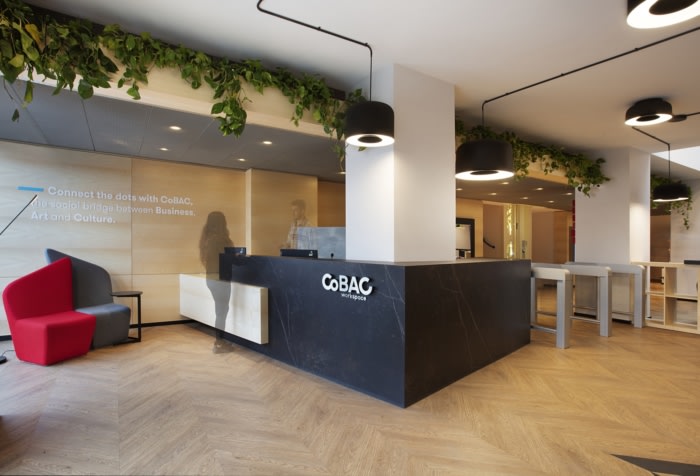
CoBAC Workspace Coworking Offices – Istanbul
The CoBAC Workspace aims to remove the boundaries between professional workplaces and life while providing the essential physical and social conditions for creativity and productivity for freelancers in Istanbul.
Mimaristudio removed the boundaries between work and life when designing the unique CoBAC Workspace coworking offices located in Istanbul, Turkey.
A co-working, co-development and co-living space, CoBAC Workspace opened its doors in the heart of İstanbul Eminönü’s historical center with the motto “common business, common art, and common culture”.
With its technical, technological, and service infrastructure that can support business life for entrepreneurs, institutions, and individuals and boost productivity for cultural and art activities, CoBAC provides services in line with the needs of users and the requirements of current business life in a calm, creative and human-centered working environment. Especially being located in the center of the Historical Peninsula, it is an attractive center for cultural and art activities, and it serves as a bridge that unites the continents of culture, art, and business with humanitarian abilities.
During the design of CoBAC Workspace, which was brought to life by the transformation of an existing office building with a total area of 2.800 m² on the coastline of the Golden Horn, the Mimaristudio team reflected the “people-oriented face” of the brand to the project, transformed the concept of “shared workspace” into a living space and took an approach that changes the traditional work culture.
By prioritizing the concept of “well-being”, Mimaristudio offered an interactive working environment with a highly efficient and productive space where the users who spend most of their time indoors and reliant on technology can be not only physically but also mentally healthy and content. Therefore, the users are now able to work with maximum daylight, constant fresh air, and relevant thermal and acoustic comfort conditions while enjoying the freedom to choose where, when, and how to work within the framework of activity-based working principles. The design team provided a working environment planned as a living space with technological facilities, where the users can access fresh food and water and be mentally comfortable and content.
The design team also included 14 biophilic design paths under the concepts of “Nature in Space”, “Natural Reminders”, “Nature of Space” within the biophilic design approach to the project by using both materials and forms, and nature itself. In addition to the terrace areas of different sizes on the levels, the fully open-air area planned on the top level allows users to enjoy the outdoors freely and feel the Historical Peninsula, the Golden Horn, and the city.
The epidemic and its effects were also considered separately. During the planning stage, the floor plans were developed by paying particular attention to the importance of space and volume per capita. It was planned to provide maximum fresh air to people working on the floors and to reduce interpersonal contact by using different separators in areas where people work in a steady position for long hours. Many details such as the creation of guidance and cleaning protocols for building users, the rules concerning the planning of dining, resting, and socializing areas as well as working areas, the integration of the ventilation and natural ventilation into the system on all floors, and the use of suitable surface materials in the cleaning and hygiene aspect, were handled primarily throughout the project. All these interventions were carried out based on the results of scientific research, by following the Well criteria.
A little bit of work, a little bit of break, and a little bit of scenery. This is CoBAC.
Design: Mimaristudio
Contractor: Dilek Mimarlik
Photography: Gürkan Akay, Emre Dörter, Cansu Ayduran
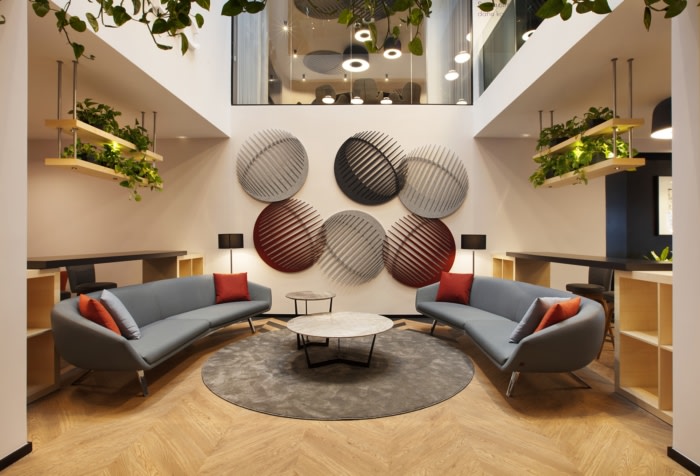
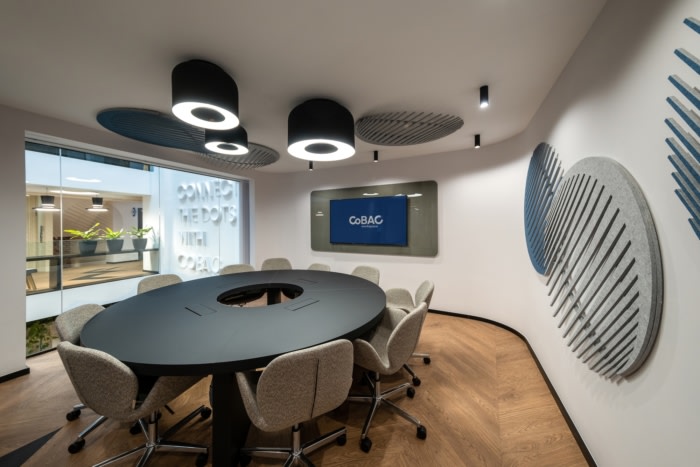
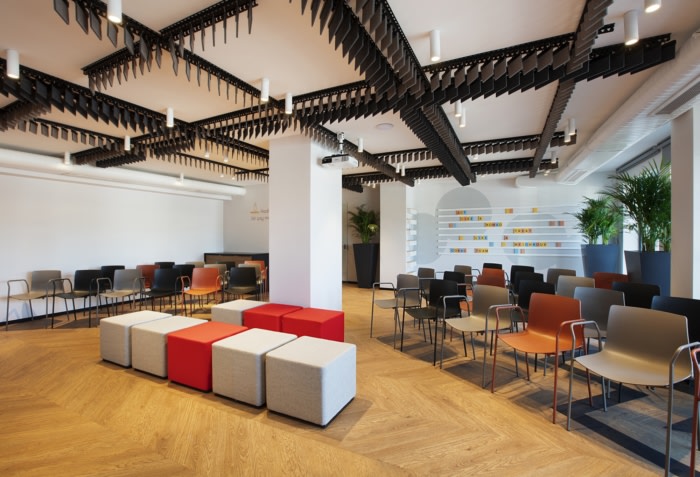
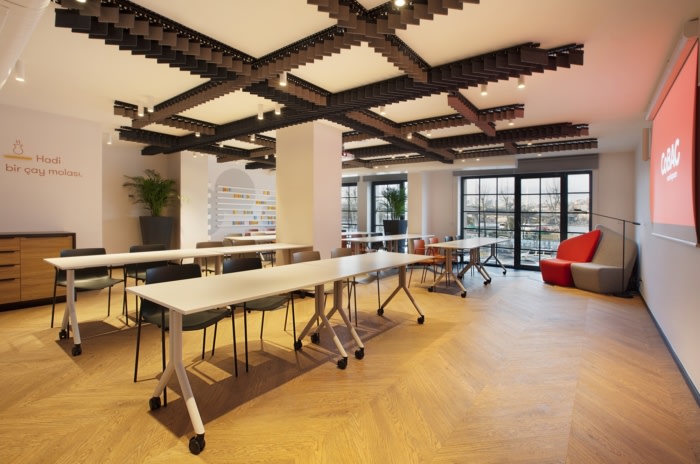
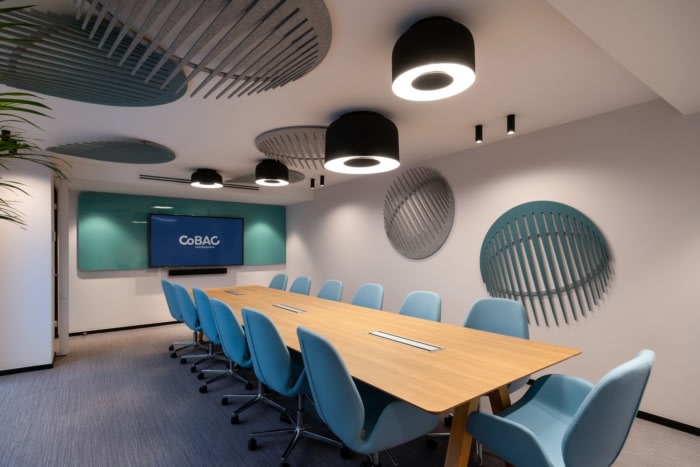
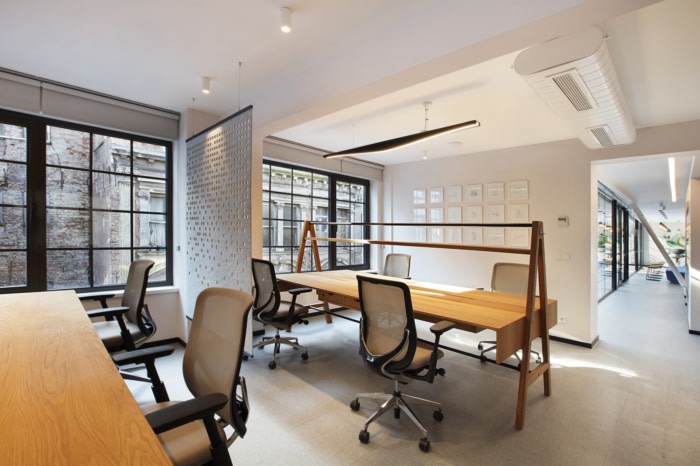
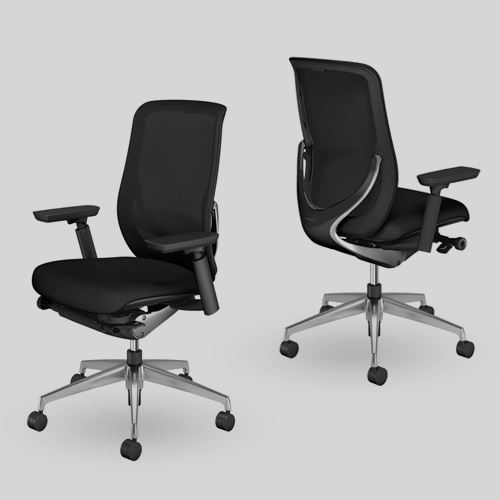
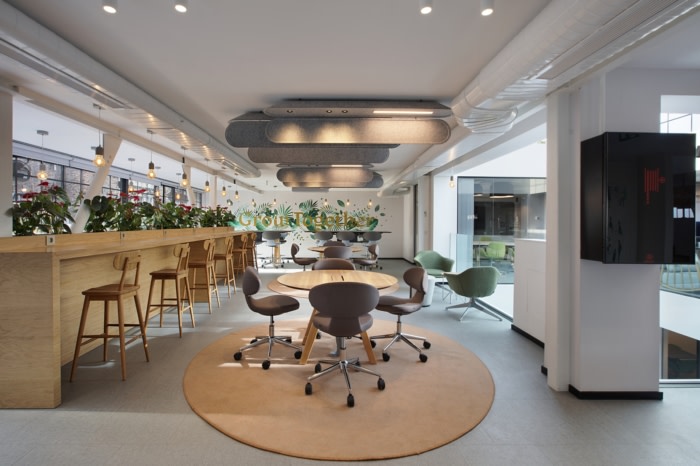
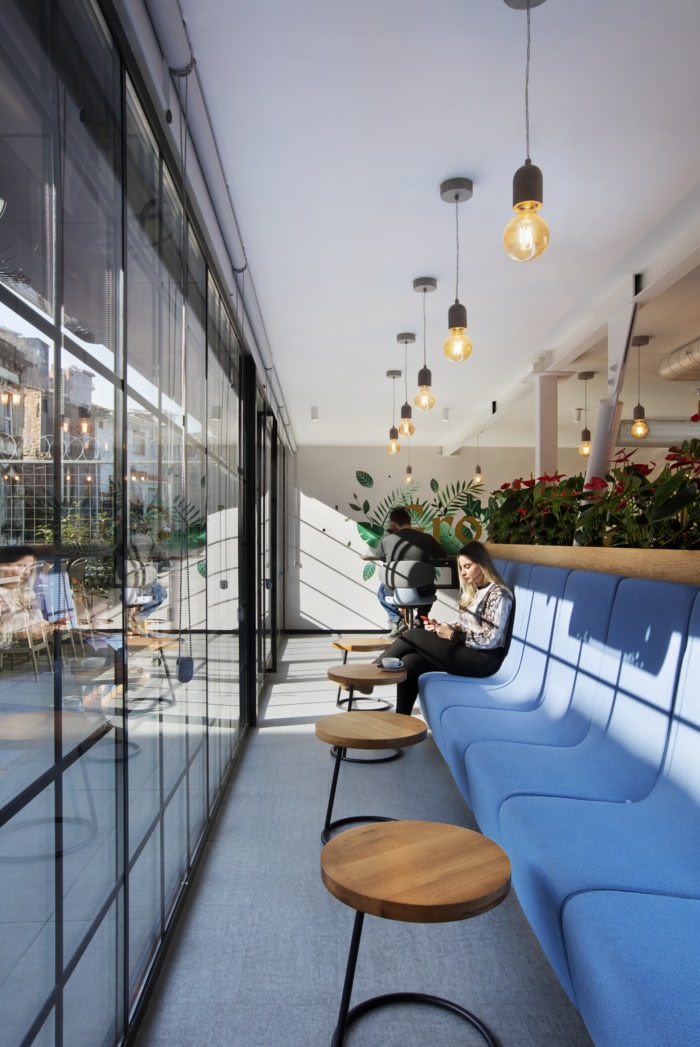
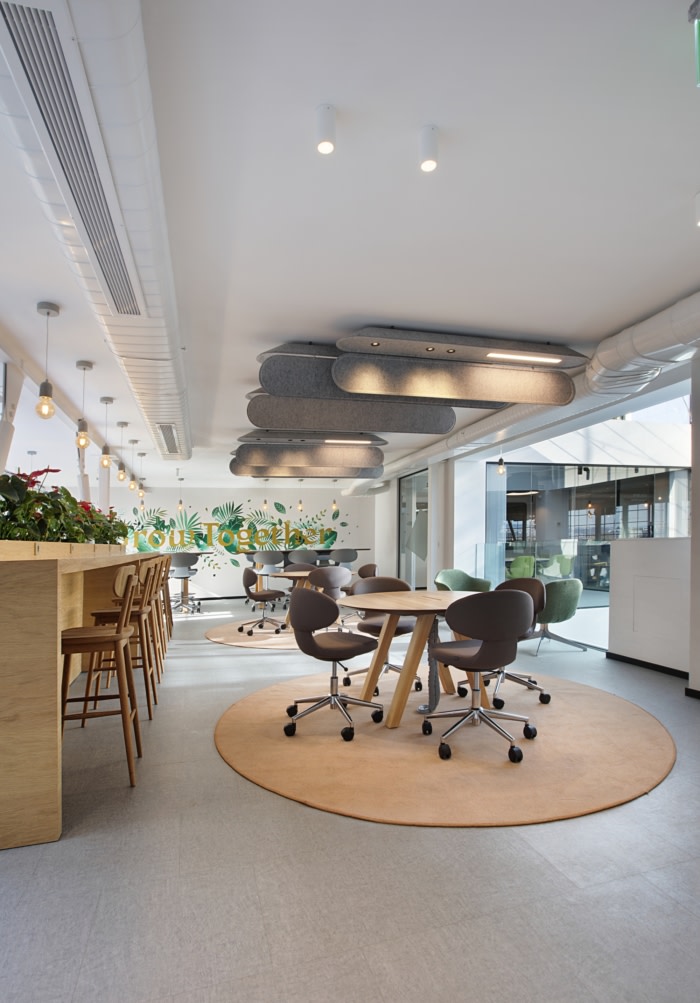
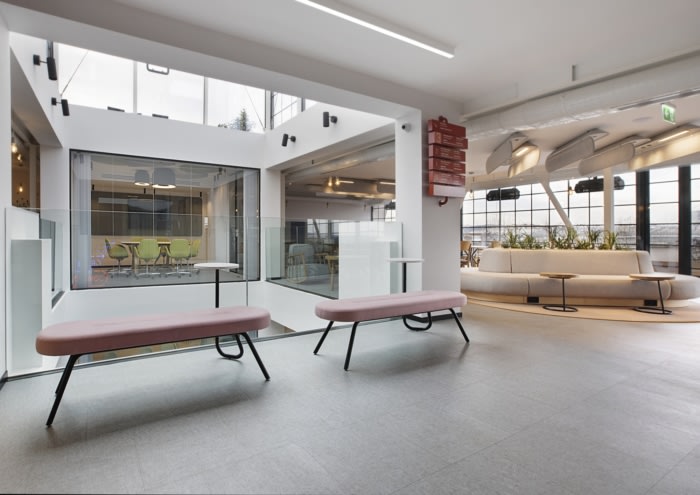
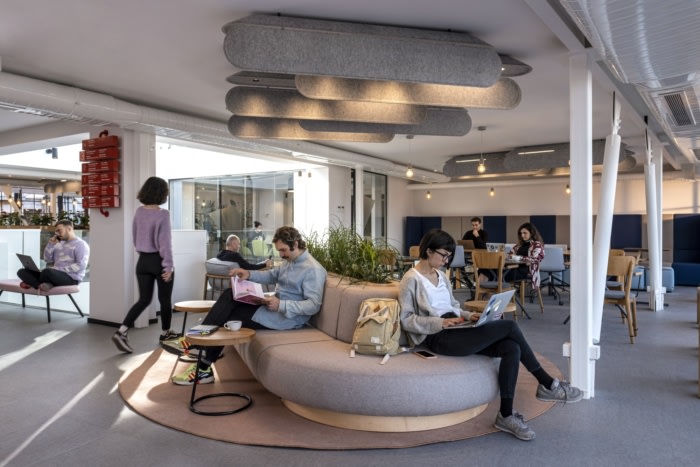
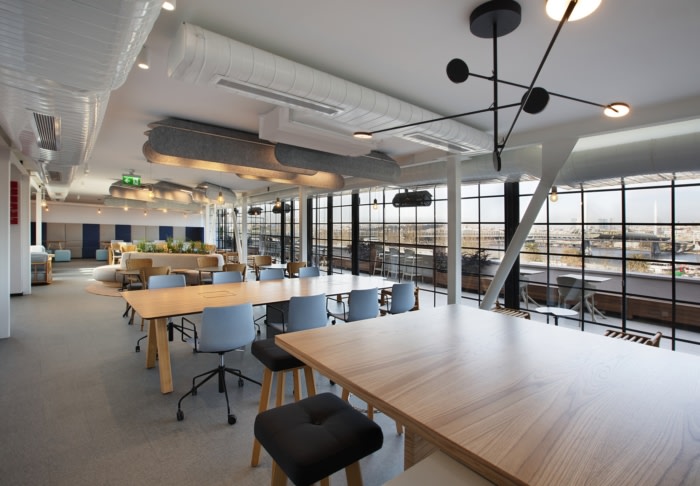
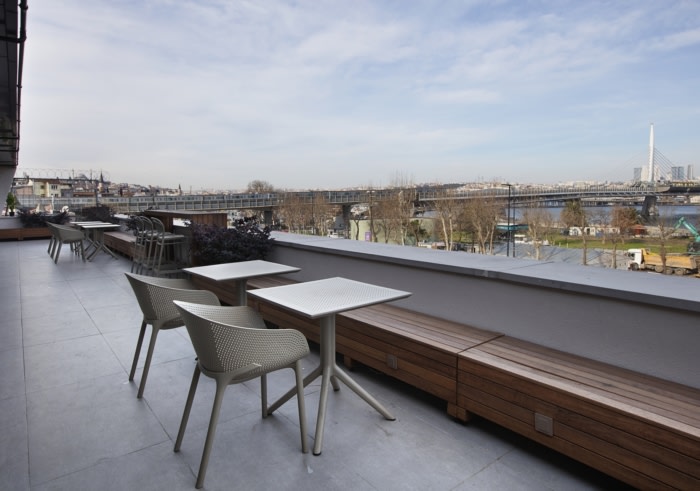
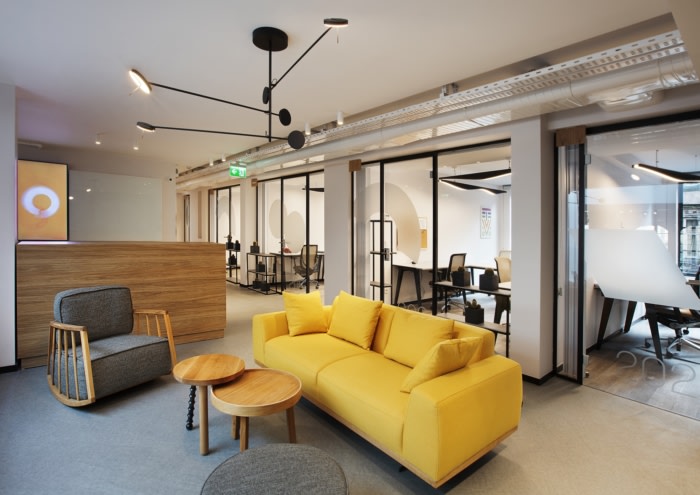
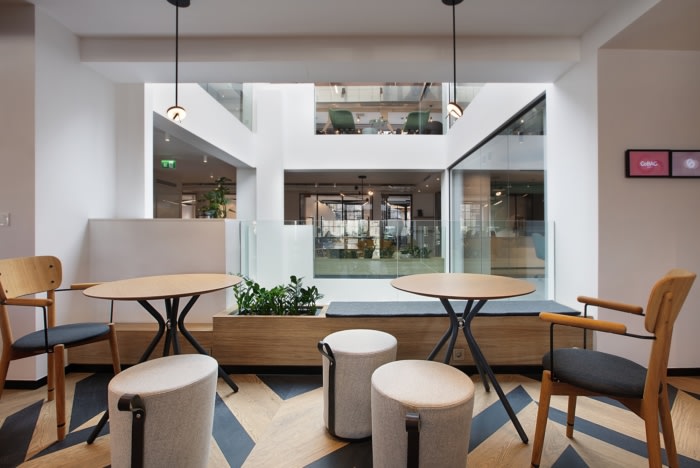
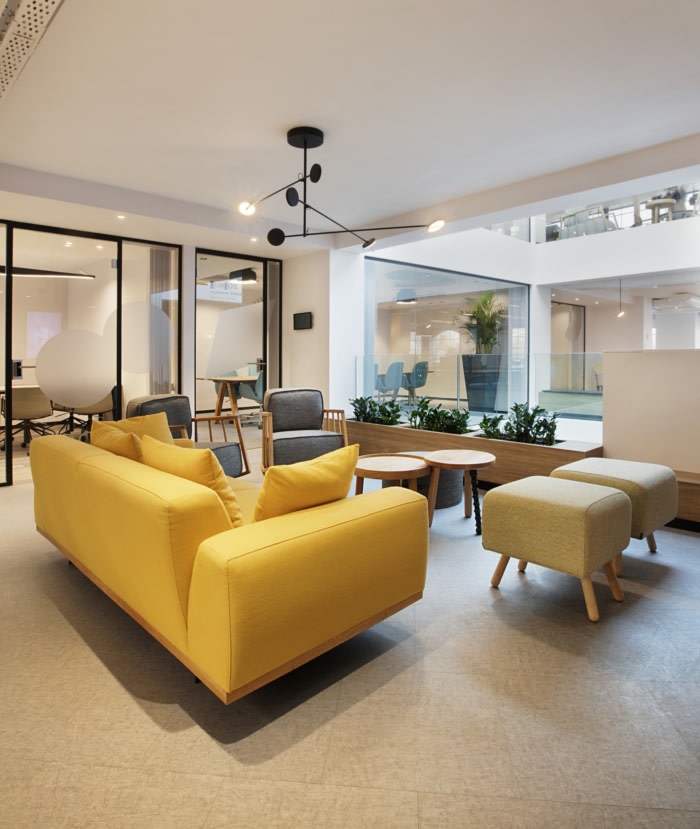
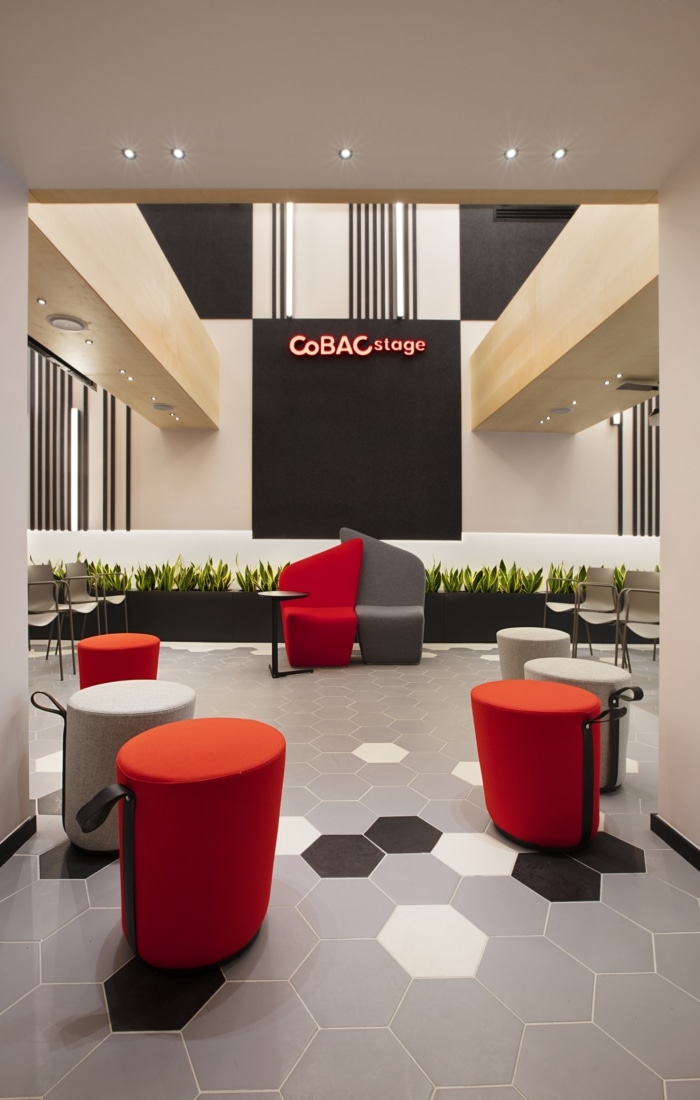
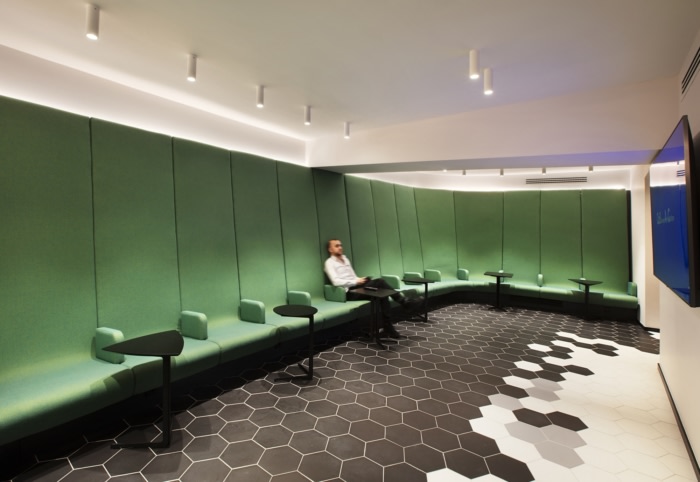
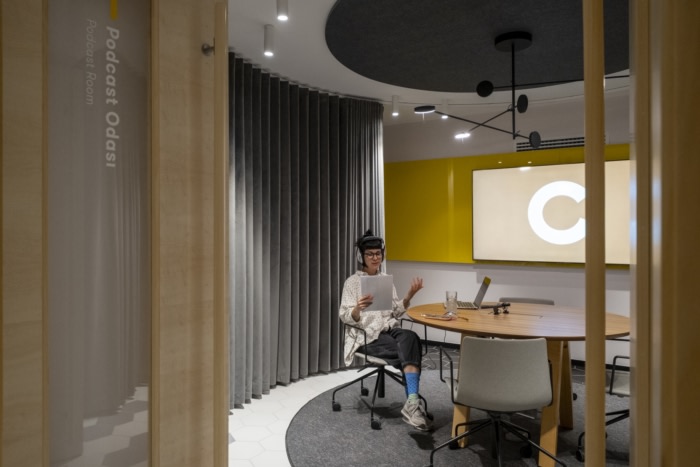

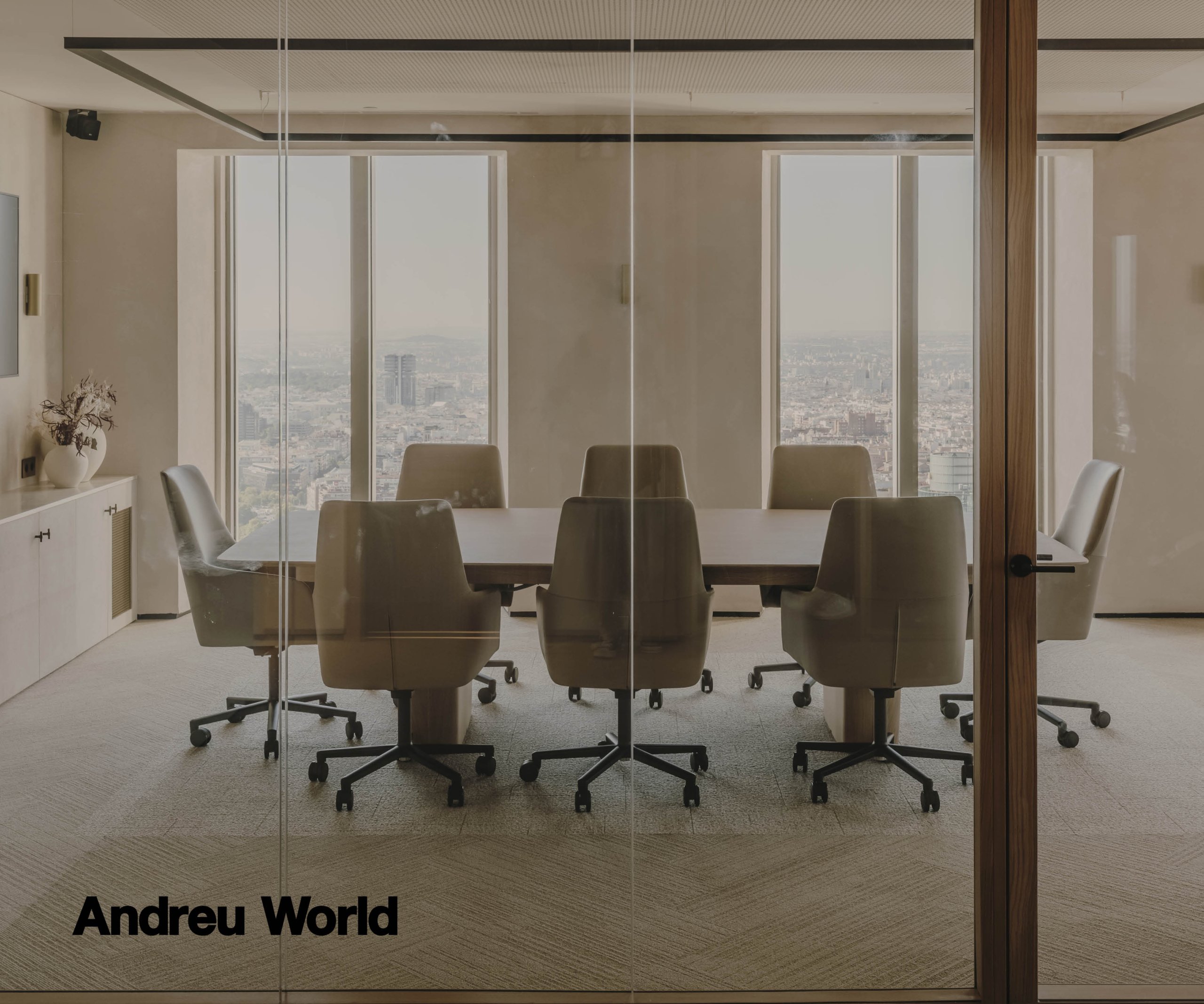
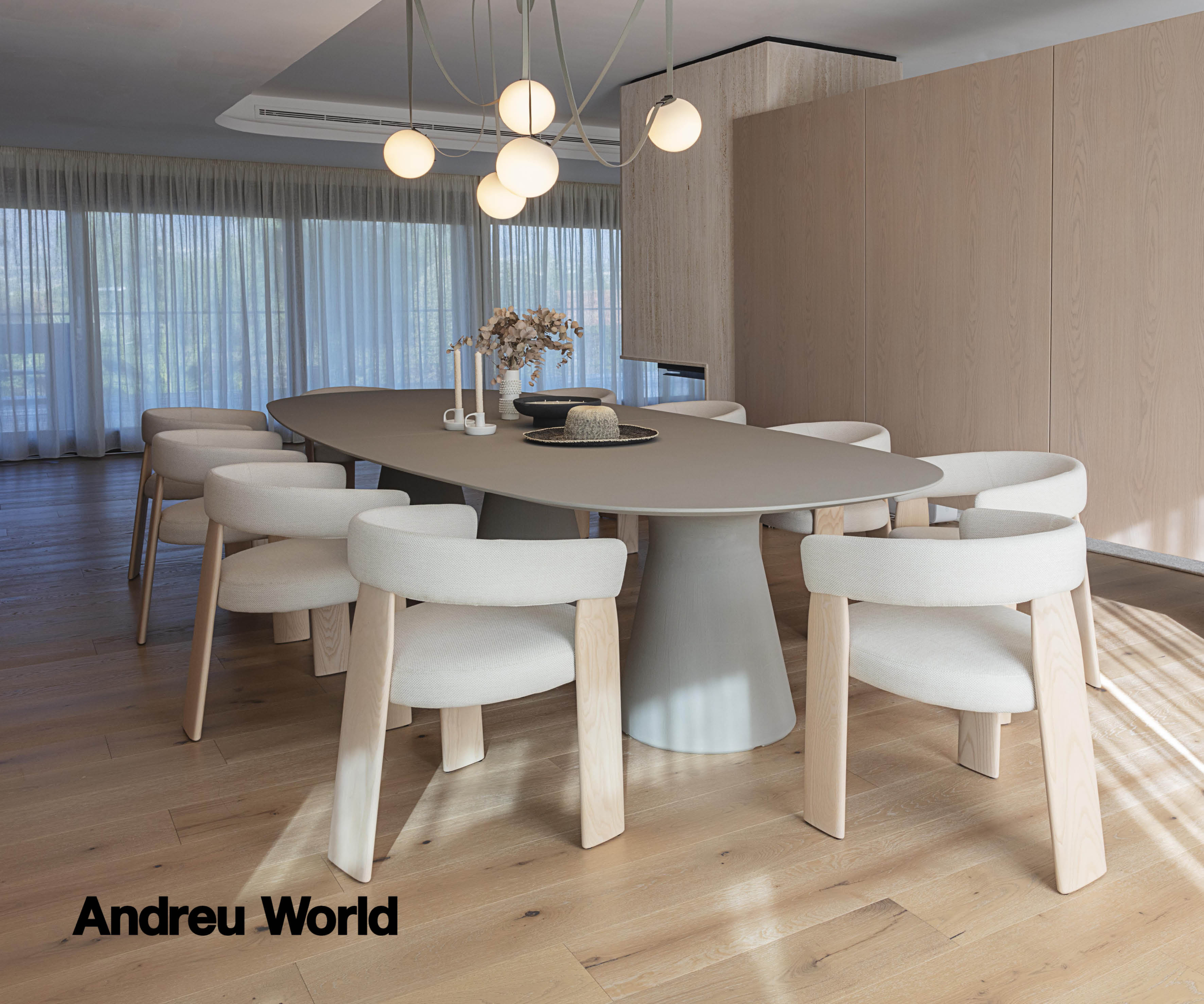

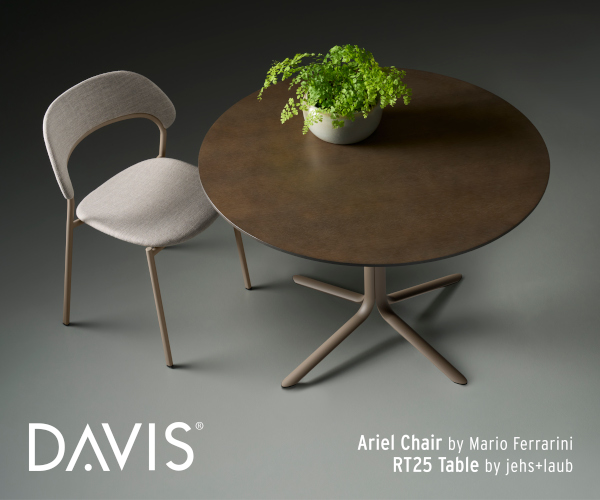
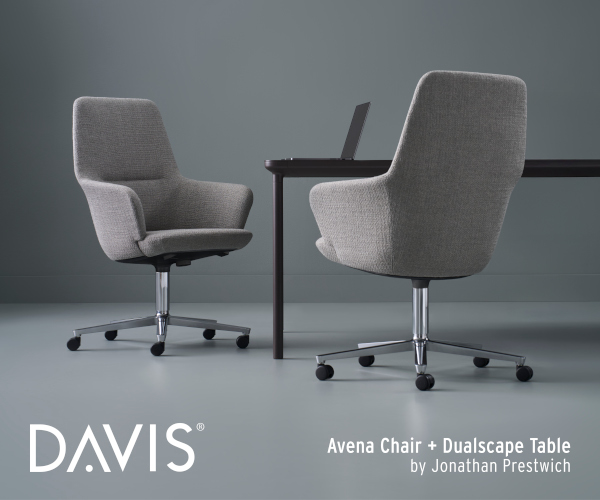



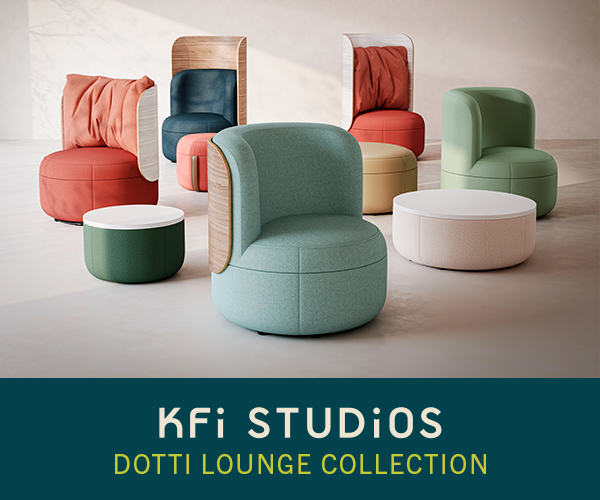

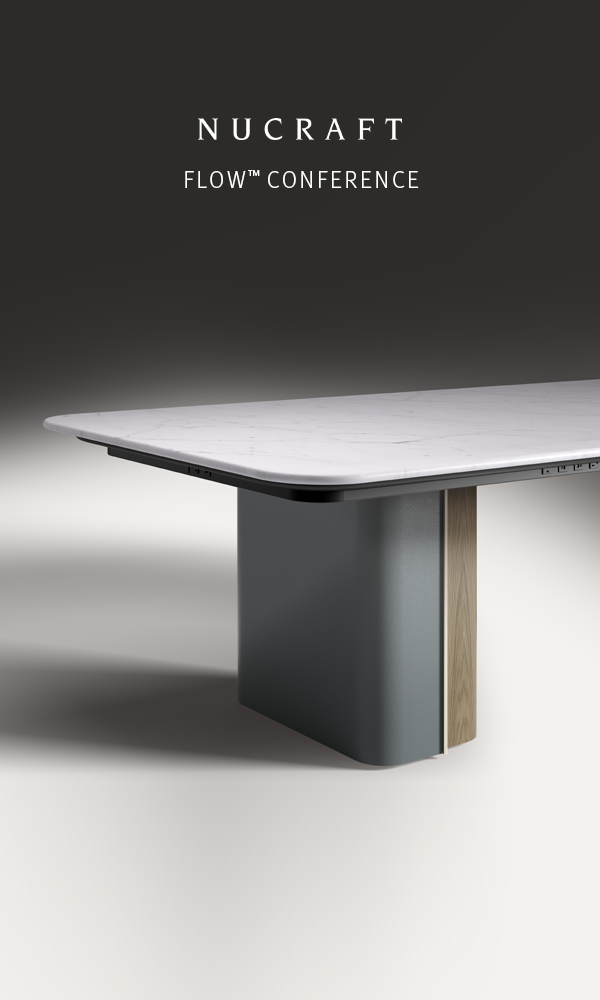
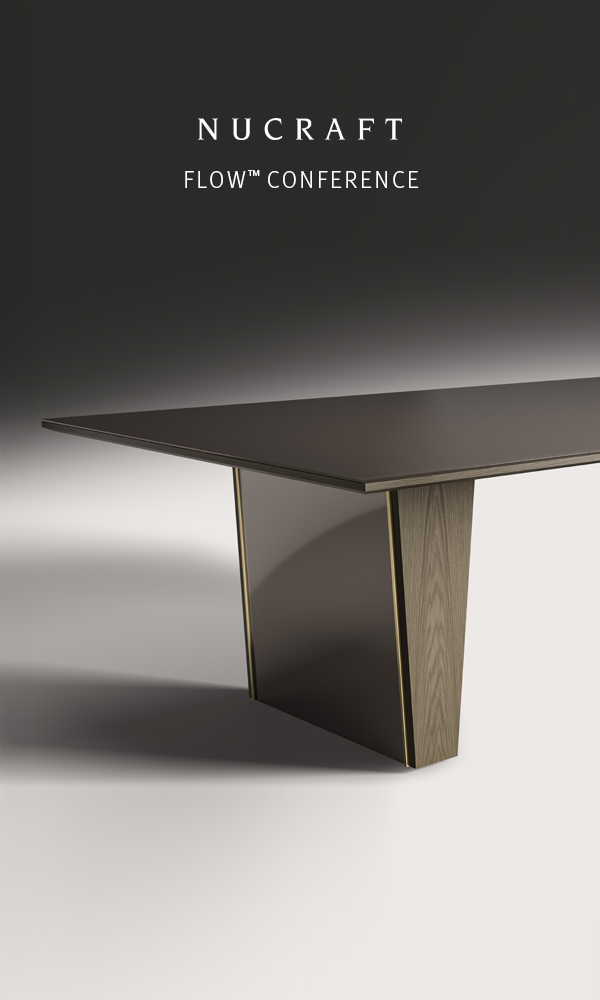
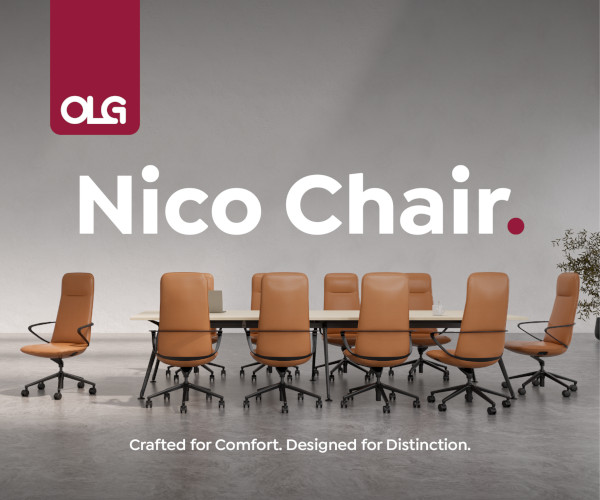
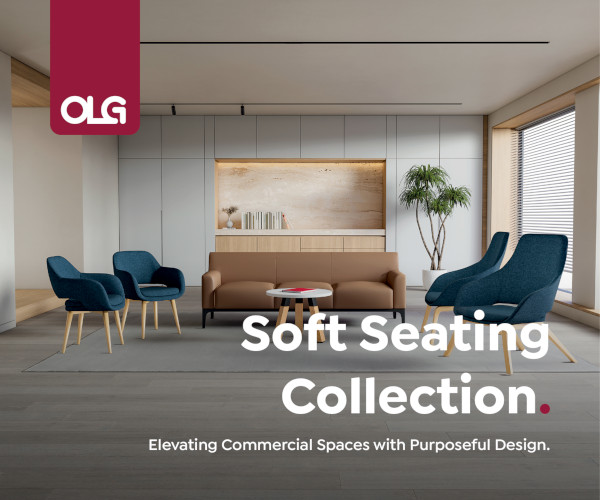

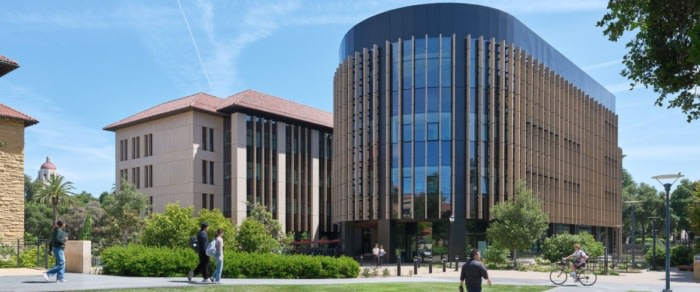
Now editing content for LinkedIn.